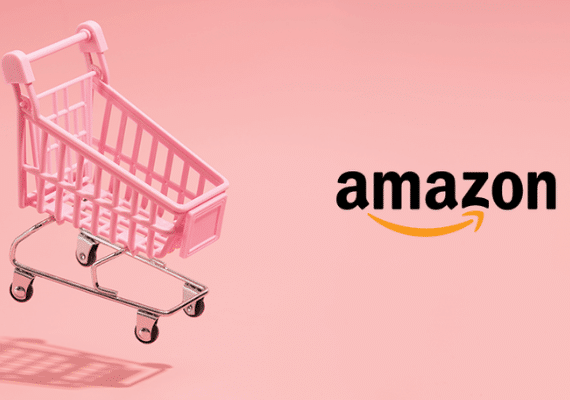The word ‘international’ can be exciting and scary at the same time. But however you might feel about it, it will surely take a lot of preparation. Unfortunately selling your items abroad doesn’t happen by just saying ‘we now ship worldwide’.
One way of quickly getting more brand exposure abroad is definitely pay-per-click advertising. But it’s ‘PAY-per-click’ so every mistake you’ll make will end up costing you money, and you won’t get anything in return. For you to avoid making these small mistakes, we’ve put together some tips on setting up and running international PPC campaigns.
-
Contents
Languages
The first thing when it comes to mind about different countries is actually languages. Then why do we forget about them when we’re setting up international PPC campaigns? Why do we always assume everyone speaks English?
It’s not even just the language you have to think about, you need to also think about vocabulary and even dialects. If you’re advertising for nappies in the USA, you might want to use the word ‘diapers’ instead. As that’s what people would be searching for, and the whole purpose of PPC campaigns is to be found by people looking for your products/services at the right time.
People from different cultures can even get offended when you don’t take their own languages into consideration or use their languages wrong. So make sure you’re working with a native speaker of that language or a professional translator. Google Translate will just not do for PPC campaigns and don’t get me wrong we love Google tools here but you can’t afford to make mistakes with your paid ads.
-
Currencies
Currencies are also one of the first things to think about when advertising internationally, especially if you’re running campaigns in several different countries. If you forget to check the difference in exchange rates, you might end up wasting all your budget on just one country’s campaign. Make sure you check these rates, as well as the different cost-per-click figures in the countries you’ll be advertising in. Then you can adjust your daily budget for each country.
To give you an idea on what kind of CPC figures and budget you’re looking at, you can use Google Keyword Planner. Just type in the keywords you want to use and change the country dropdown to your target country and have a look at the forecasted figures.
-
Platforms
Every successful campaign, either paid or organic, starts with knowing your target audience and which platform they’re on. Some countries will have limitations in terms of which platforms are available to public use and also different people from different cultures/countries will have different preferred search engines. For example in the UK, Google is the most popular search engine, whereas Yandex is the preferred one in Russia.
So when targeting international audiences, don’t just go for the platform you think is the most popular. Do your research first!
-
Time Zones
You might think ‘how do time differences play a role in PPC campaigns?’. 3 words TIME-BASED BIDS. Sometimes, especially when working with limited budgets you might want to use time-based bids in order to get a bigger ROAS (return on ad spend). Which means, you might want to bid higher for daytime and limit your spent during the night when your target audience is not awake. So when you want to do this for international campaigns, you’ll have to think about different time zones in order to optimise your campaign ROAS.
-
Culture and Local Concerns
One thing that’s not a written rule about successful advertising campaigns is to not offend people. Get to know their culture, country, weather and their local concerns before you even think about selling to that country. Let me explain this with 2 examples. If a country has a really high Muslim population, it’s probably not a good market for products that involve pork. Or let’s look at the other example, you wouldn’t advertise heaters in the middle of summer in Australia, would you? There would literally be no demand for it, and without demand, you can’t really make any return on your investment.
-
Landing Pages
Landing pages are pretty much where all the previous bullet points come into action. You’ll need to think about languages, currencies, culture and local concerns. But they’re also the best way to get more conversions from your PPC campaigns.
Think about your campaign goal first, if it is to get people to enquire about your services you wouldn’t want them to land on your homepage and try to make their way through to the contact form. You’d want them to land on the contact form page straight away so you shorten the customer journey and gave them exactly what they expected to see. So having a relevant, translated page that uses the correct currency is the key to a higher conversion rate and a higher ROI.
Now these are 6 simple steps to a successful international PPC campaign, but 2 things you shouldn’t forget with every campaign, either international or local, are putting your customers’ shoes on so that you can understand them and always keeping an eye on your campaigns so you can optimise your campaigns to perform better.
Next Steps
Putting customers’ shoes on is what we do best, so if you want to take your PPC campaigns global learn more about how we can help you here.







